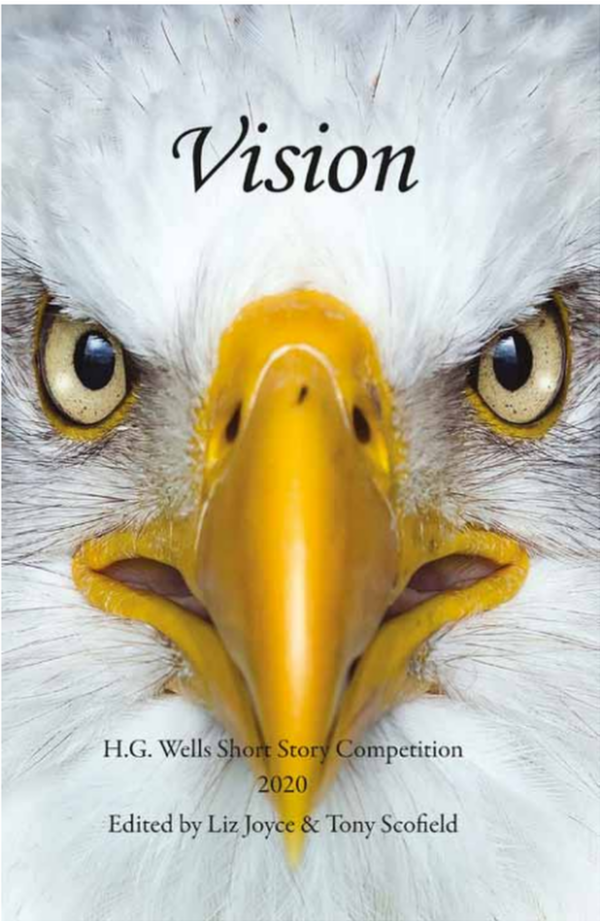
He argued inductively about the nature of what was likely to come, based on the way the telephone, telegraph, and railroad had shrunk the world, and he populated his predictions with a dramatic cast of collective characters. But Wells looked ahead, asserting that the future as well as the past had a pattern. Numerous fin de siècle writers had looked backward at a century of material and mechanical progress, both to praise its achievements and to condemn its running sore, the seemingly permanent misery of the urban working class.

More than any other intellectual of the time, Wells spoke to two enormous nineteenth-century shifts: the growth of giant industries, which undercut the old assumptions about the sovereignty of the individual and Darwinism’s concussive reassignment of humanity from the spiritual to the natural world, which begged for prophets of a naturalized humanity. The book’s scientific prescriptions to cure social diseases turned the novelist into a seer, both in England and in America, where Anticipations had already been serialized in the North American Review. Herbert George Wells was already a renowned writer of fiction when in 1901 he published the nonfiction work Anticipations of the Reactions of Mechanical and Scientific Progress upon Human Life and Thought. His political writing achieved extraordinary influence in America, not just through his defense of liberal freedoms such as free speech but through his hostility to population growth, capitalism, and democracy itself. Wells is best remembered today as the author of such late-nineteenth-century socio-scientific fantasies as The Time Machine, The War of the Worlds, and The Invisible Man. These antidemocratic and elitist assumptions were nowhere better illustrated than in the extraordinary career of a Briton, H. The tension between the two aspirations was resolved, rhetorically at least, by proposing to place power in the hands of scientists, academics, artists, and professionals, a new and truly worthy aristocracy that could govern based on what was good for both leaders and the led. But along with the ideal of the spontaneous, creative individual, liberals also embraced government economic planning, which depended on making people more predictable. The liberal project was, so to speak, to refound America by replacing its business civilization-a “dictatorship of the middle class,” as Vernon Parrington put it-with a new, more highly evolved leadership. Liberal thinkers accused the great unwashed of smothering creative individuals in a blanket of materialist, spiritually empty cultural conformity. Modern American liberalism, as it emerged in the 1920s, was animated by a revolt against the masses.


 0 kommentar(er)
0 kommentar(er)
